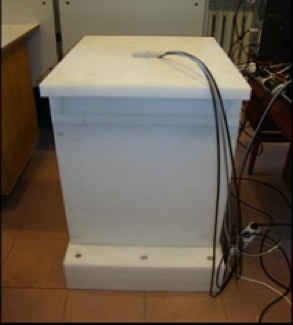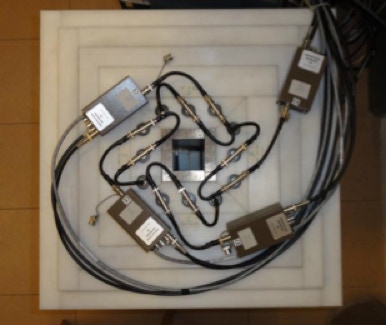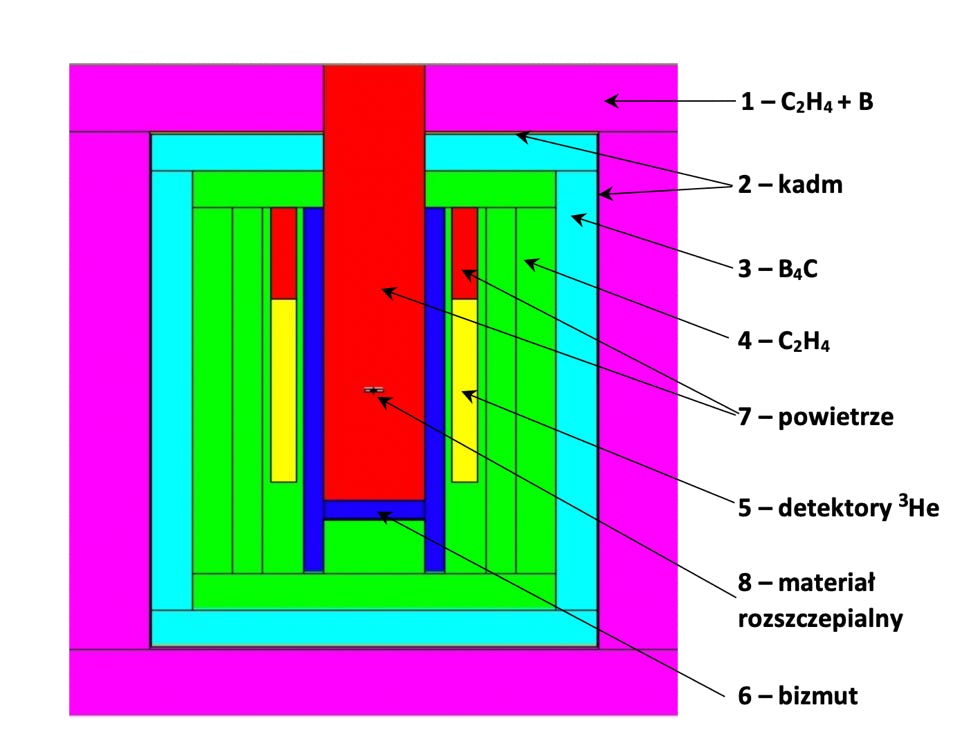Department of Radiation Transport Physics NZ61

Department of Radiation Transport Physics NZ61

Measurements of Delayed Neutrons
In our department an experimental setup for measurements of neutron fluxes has been designed and constructed. Th e measurement is based on detecting of delayed neutrons emitted from activated probes of fissile materials. The device is used to measure high fluxes of fast neutrons, above 107 n/cm2s, generated in high-temperature plasma (deuterium or deuterium-tritium) of fusion devices. The activation method is based on the use of samples containing isotopes of fissile materials such as 232Th, 238U and 235U.





Ta strona używa cookies. Dowiedz się więcej o celu ich używania i zmianie ustawień cookies w przeglądarce. Korzystając ze strony wyrażasz zgodę na używanie cookies, zgodnie z aktualnymi ustawieniami przeglądarki